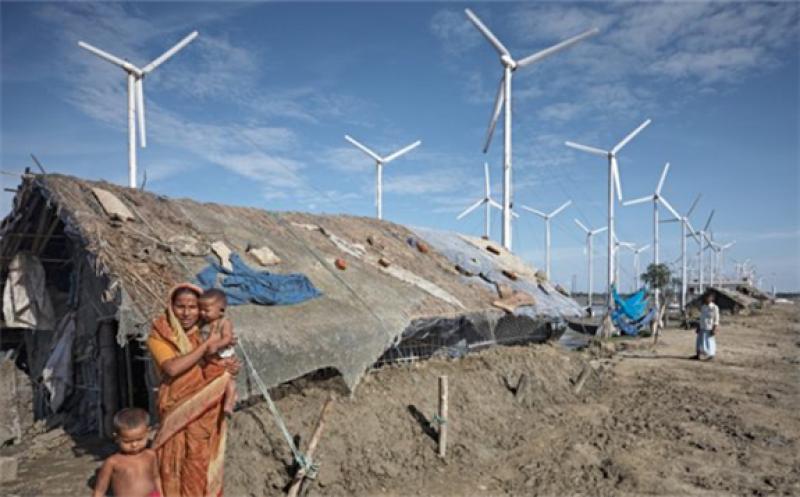Representatives from over 50 IRENA member countries gathered for the first meeting of the Collaborative Framework for Just and Inclusive Energy Transitions. The meeting took place during the last week’s IRENA Council and was co-facilitated by the United States and South Africa.

As IRENA members are stepping up action to meet global climate objectives and advance the socio-economic development agenda, countries increasingly recognise the social and economic implications of energy transitions beyond technology choices. This entails both substantial benefits but also challenges for societies, as highlighted in the Agency’s World Energy Transitions Outlook. Against this background, the new Collaborative Framework aims to bring countries and relevant stakeholders together to identify priority areas and concrete actions and to foster greater international collaboration.
“As we seek to accelerate energy transitions, we must ensure they are just and inclusive. This concerns not only the ultimate outcome, but also the process of what will likely be a decades-long transformation that the world’s economies undertake from different starting points,” said IRENA Director-General Francesco La Camera in his opening remarks.
Building on the strong body of knowledge on the socio-economic footprint of energy transitions developed by IRENA over the past 10 years, Rabia Ferroukhi, Director of IRENA’s Knowledge, Policy and Finance Centre, highlighted the multiple opportunities and benefits. She also emphasised misalignments that may arise in moving from the current fossil fuel-centred economies toward more sustainable structures, in finance, labour markets, power systems, and the energy sector itself. “If not well-managed,” she said,”the transformation risks inequitable outcomes and resistance of affected social groups, potentially slowing the pace of the energy transitions.”
At the meeting, countries shared national experiences and challenges that can inform the design of the framework as well as new approaches in this space from establishing dedicated commissions and funds to multi-stakeholder dialogues on the energy transition, and national programmes seeking to address different dimensions of just and inclusive energy transitions.
There was broad agreement on the need to develop a more thorough understanding of energy transitions. Members stressed the importance of focusing on holistic and integrated policy approaches and structural policies to reap the economic, social and jobs benefits and successfully address challenges along the way. They also emphasised the importance of overcoming energy poverty in both developing and developed countries; designing solutions that focus on local value creation and high quality, decent jobs; and ensuring equitable benefit sharing and inclusion of marginalised groups.
Members recognised that IRENA, which has led the work on the socio-economic dimensions of energy transitions including jobs since its inception, provides a global and inclusive platform that is of particular value to these efforts.
At the meeting, participants adopted general principles and modalities that will provide the foundation for the work of the Collaborative Framework. Among others, it was agreed to open participation to relevant stakeholders such as other intergovernmental organizations, civil society, private sector actors and research institutions, to ensure concerted action and harness synergies among different efforts and initiatives.